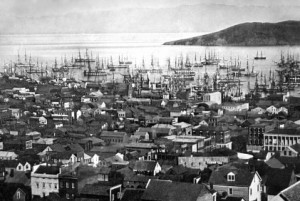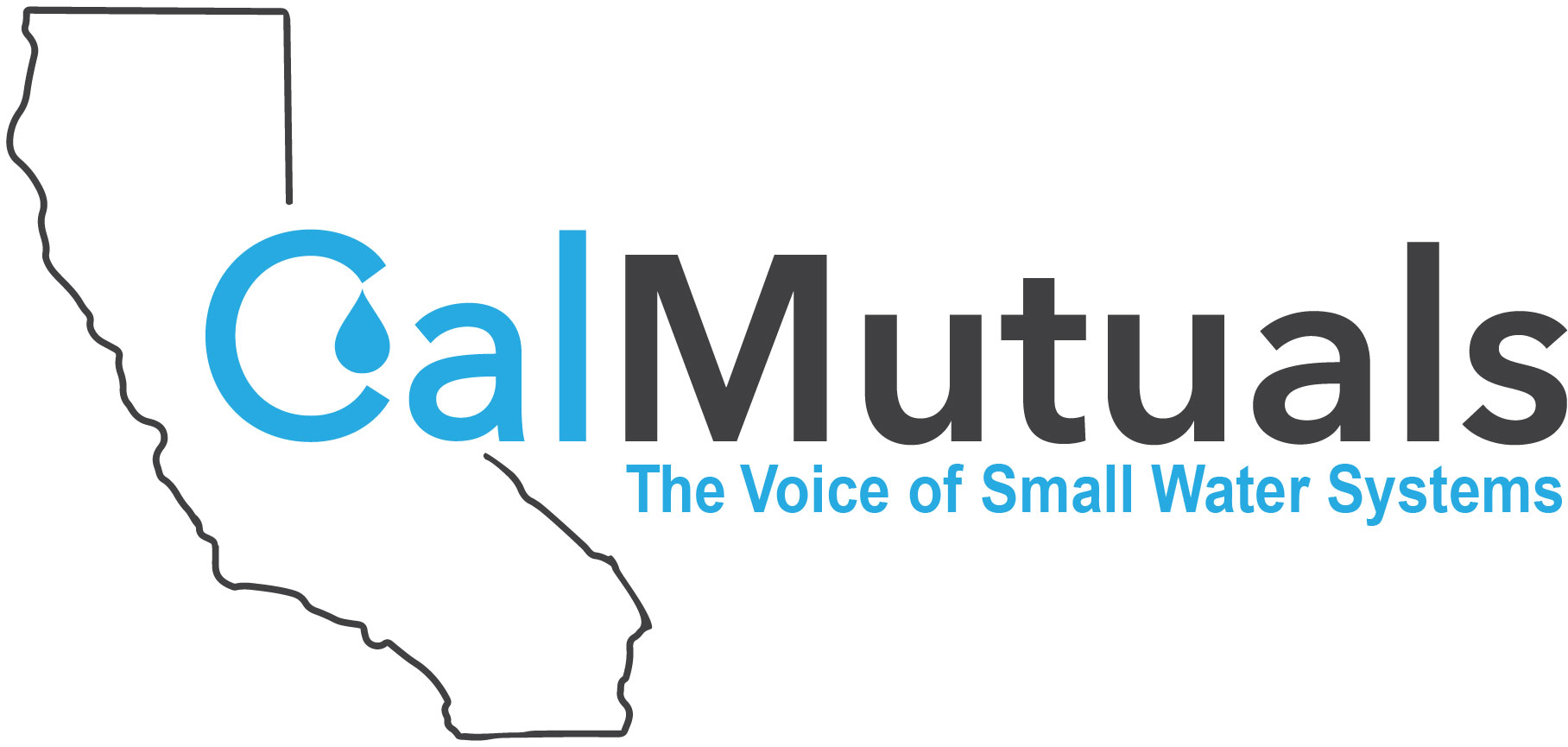 Mutual water companies are the bedrock of California’s water system. The delivery of water services to places like present-day Los Angeles began in the 1800’s with a mutual water company whose shareholders constructed irrigation channels, and installed pumps as well as the basic plumbing that distributes the water to its shareholder-owned properties.
Mutual water companies are the bedrock of California’s water system. The delivery of water services to places like present-day Los Angeles began in the 1800’s with a mutual water company whose shareholders constructed irrigation channels, and installed pumps as well as the basic plumbing that distributes the water to its shareholder-owned properties.
Over time, as some places became urbanized in the mid-1900’s, mutual water companies gave way to city-owned water departments and investor-owned utilities that are regulated by the California Public Utilities Commission (CPUC).
Today, California’s mutual water companies provide water service in rural areas that have no alternative supplies, and in urban pockets where property owners continue to hold mutual water company shares and liability for the integrity of the water system.
Some mutual water companies are owned by several cities who share responsibility for maintaining the water system that delivers water, while others serve entire neighborhoods and have invested so that they also have access to imported water operated by regional public water suppliers.
Serving over 1.3 million Californians, mutual water companies are private not-for-profit organizations, providing clean, reliable, and cost-effective water solutions to hundreds-of-thousands of people, farms and small businesses. Mutual water companies also provide high-quality jobs to Californians from all parts of the state.
Mutual water companies are organized under California Corporations Code 14300, regulated under the US EPA Safe Drinking Water Act, report to Local Agency Formation Commissions (LAFCO’s) which exist in each California county as independent public agencies, and operate under a myriad of local/statewide/federal rules and regulations.
Mutual water companies are regulated by California’s Water Code, Health and Safety Code and must abide by open meeting and records disclosure laws similar to many public water utilities.
In operating a public water system, mutual water companies are also subject to regulation by the California Department of Public Health and must comply with requirements imposed by the State Water Resources Control Board and our local Regional Water Quality Control Board.
The Corporations Code imposes numerous transparency requirements on mutual water companies. Mutual water companies are required to hold annual shareholders’ meetings and, in general, to distribute copies of financial statements to shareholders every year. The Corporations Code also provides for the inspection of accounting books and records by shareholders.
